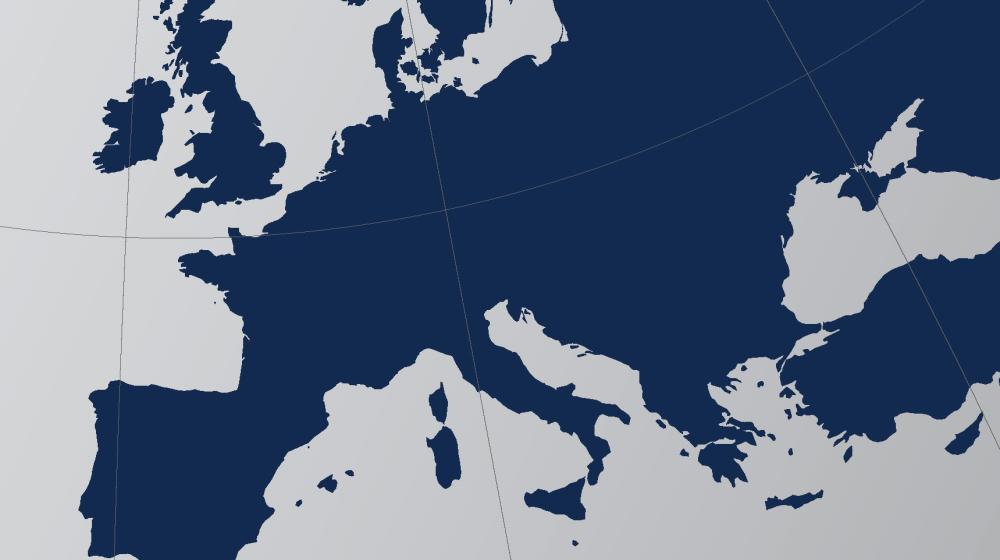From terrorism to climate change, foreign interference and cyber threats, transnational challenges blur the line between national and international security. These issues cross borders, disrupt stability and require collective action. We examine their impact on Europe and beyond, and support the EU in developing strategies, policies and partnerships to deliver effective responses.






